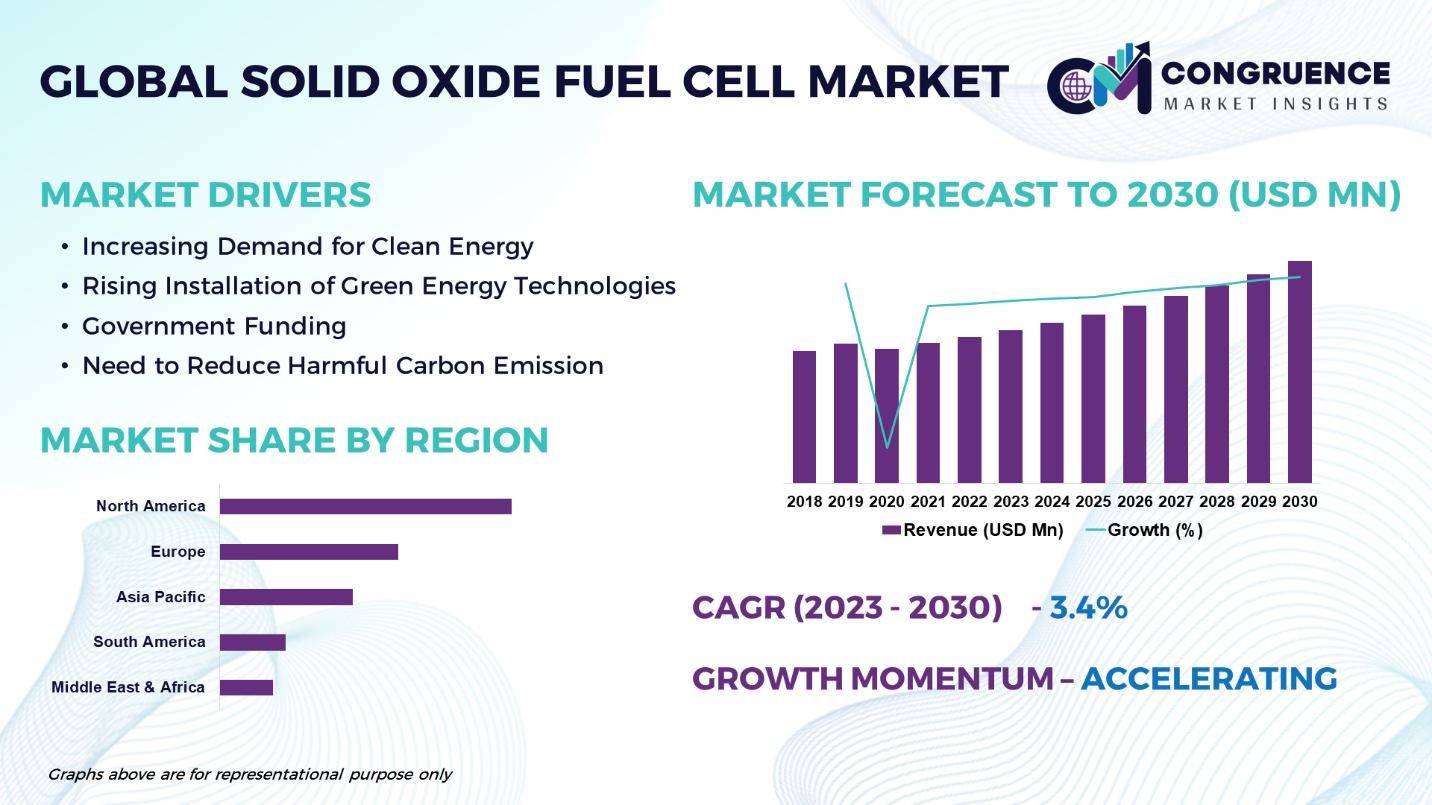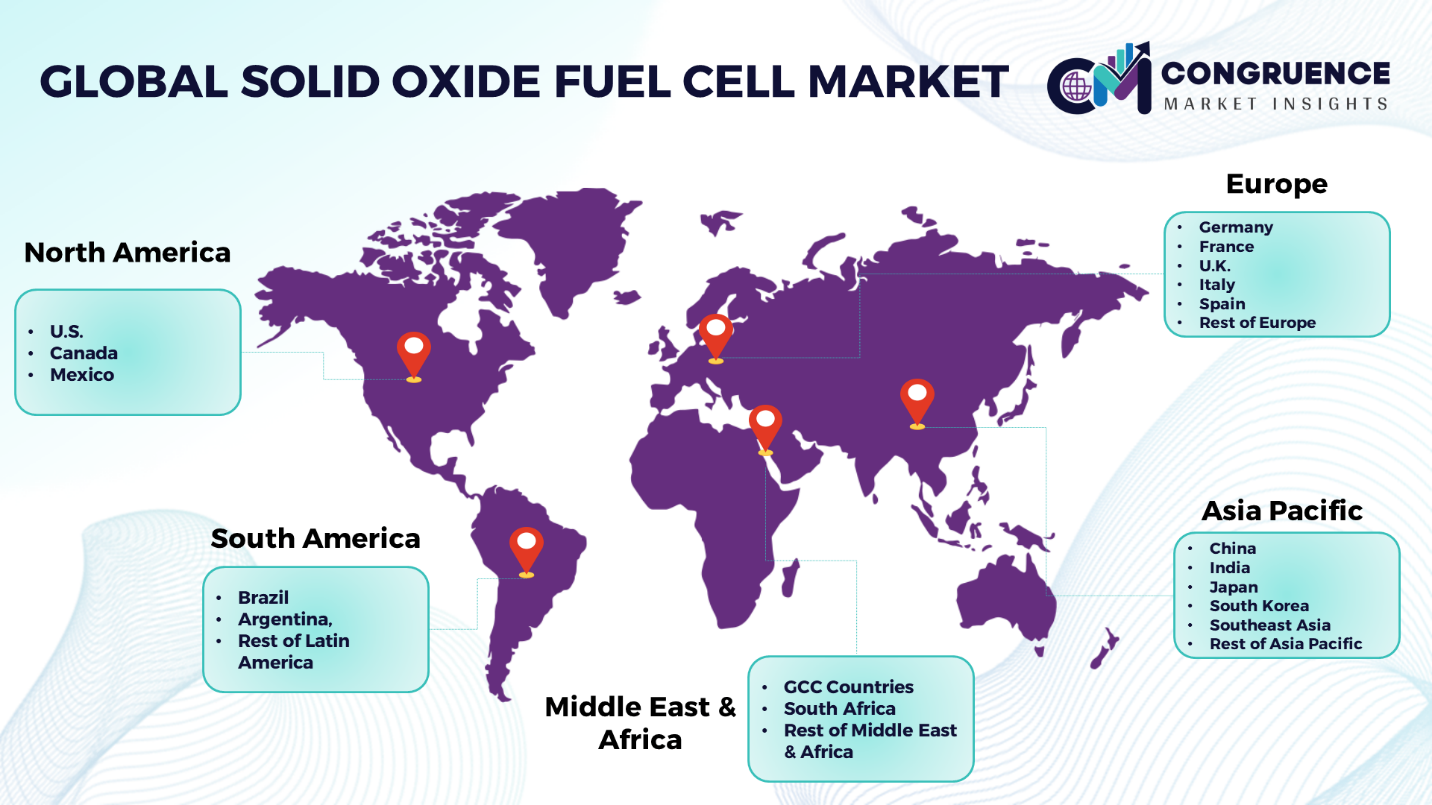Reports
The global DNA data storage market was valued at USD 110.2 Million in 2022 and is anticipated to reach a value of USD 6,988.6 Million by 2030 expanding at a CAGR of 68.5% between 2023 and 2030.
DNA data storage involves the method of extracting and encoding details of DNA from artificial DNA strands. DNA is the genetic code that codes for every organism on earth, including cells. Each one of the binary bits that is translated from 1 to 0 numbers into the characters A, C, G, and T represents the binary digital, which is represented as DNA. An electrical system that creates, analyzes, and keeps information in the forms of positive and negative states is known as binary digits. Positive numbers are denoted as 1, and negative numbers are shown as 0. The four primary components of DNA are adenine, cytosine, guanine, and thymine, which are denoted by the characters A, C, G, and T, sequentially. DNA storage technologies are smaller than magnetic cassettes or hard disk storage. Long-lasting DNA data storage devices are also possible, provided that the DNA remains dry, dark, and cool. The aforementioned features all contribute to the increased efficiency and popularity of DNA data storage technologies.

DNA Data Storage Market Major Driving Forces
Growing Uses for DNA Data Storage: DNA data storage is becoming progressively more common in end-use industries such as banking, healthcare and pharmaceuticals, government and defense, media and entertainment, financial services and insurance, and others. DNA storage could become broadly available, long-lasting, and energy-efficient. Data storage is becoming exceedingly necessary as time goes on, which is predicted to propel market expansion.
Growing Requirement for Long-lasting Data Storage: The requirement for data storage is currently greater than the world's storage capacity can handle. The DNA offers a dependable, economical, energy-effective, and ecologically sound data storage alternative. DNA storage is more resilient, cost-effective, and energy-efficient. Data storage is becoming increasingly necessary each day, which is predicted to propel market expansion.
Scientific Advances in DNA Storage: The efficacy and economic viability of keeping vast amounts of information in DNA molecules are being improved by constant developments in DNA data storage technologies, such as DNA synthesis, sequencing, and encoding techniques.
Expanding Acceptance of Precision Medicine: Individual genomic information evaluation and preservation are critical components of the tailored and precision medicine revolution. The demand for safe and convenient storage options is growing, which is driving the DNA data storage market.
DNA Data Storage Market Key Opportunities
Long-Term Archival Storage: DNA ensures durability for thousands of years. They can endure even extreme for a very prolonged period of time. Hence, DNA is an ideal medium for data storage.
Healthcare Industry Application: The healthcare industry lays a pathway for big opportunities for DNA data storage businesses. The genomic data of the patient can be utilized in various practices such as precision and personalized medication.
Secure data storage: DNA is a very secure medium for storing data. The data is encoded in the sequence of nucleotides, which are very difficult to alter or counterfeit. Hence, DNA data storage is an ideal solution where there is a requirement to store sensitive information.
DNA Data Storage Market Key Trends
· The explosion of digital information, the spread of internet-connected gadgets, and the uptake of cloud computing are driving a sharp rise in the need for data storage on a worldwide basis. It is anticipated that this trend will hold true in the upcoming years.
· Researchers are developing new and innovative DNA data storage solutions that are more scalable and efficient
· The healthcare sector is the early adopter of this technology in order to secure and durable storage of sensitive patient data, as well as the potential for DNA data storage to revolutionize genomic research and personalized medicine.
· The genomics sector is working to standardize types and protocols for storing DNA data which helps in interoperability, data interchange, and the growth of a coherent DNA data storage ecosystem.
· Hybrid storage models aim to combine the strengths of both DNA and electronic storage to optimize cost, speed, and accessibility.
Region-wise Market Insights
North America accounted for the largest market share at 53.2% in 2022 whereas, Asia Pacific is expected to register the fastest growth, expanding at a CAGR of 71.1% between 2023 and 2030.

One of the biggest markets for DNA data storage is North America. This is caused by several things, including the prevalence of well-known DNA data storage firms such as Illumina, Inc. and Twist Bioscience Corp. and the substantial need for data storage within the biotechnology and healthcare sectors. Along with this, the growing acceptance of AI and ML applications is among the primary reasons that are fueling this region's growth. The need for DNA data storage techniques is being driven by the rise in genomic research and precision medicine in Europe. The expansion of the market is facilitated by partnerships between academic institutions and business entities. Asia Pacific is the region with the fastest-growing market for DNA data storage. This can be attributed to several factors, such as the economy's explosive growth, the rising demand for data storage, and the growing acceptance of AI and ML applications. Emerging economies such as China and India present substantial market potential, with a focus on genomics research and a rising demand for personalized healthcare.
Market Competition Landscape
The market for DNA data storage is expanding, with both well-known tech giants and cutting-edge startups playing a part in its development. The competition is mostly focused on new technology, scalability, affordability, and the capacity to handle the particular difficulties associated with storing DNA data. Given the increasing demand for DNA data storage solutions, it is anticipated that the competition in the global DNA data storage market will get more intense in the upcoming years. The businesses in this market that can create the most scalable, economical, and effective DNA data storage solutions will have a strong advantage.
Prominent players in the market include:
· Microsoft Corporation
· IBM Corporation
· Twist Bioscience Corporation
· Catalog Technologies
· Quantapore Inc.
· Arvizio, Inc.
· Helixworks Technologies
· ZebiAI
· Sanofi (Synthorx)
· Molecular Assemblies
· Nuclera Nucleics
· Cambridge Epigenetix
· Samsung Biologics
· Aridhia Informatics
· Quantum Bio
Microsoft has made significant investments in the study and development of DNA data storage. Being a major player in the digital transformation space, it offers cloud services, including storage solutions, through its Azure platform. IBM is a prominent player in the technology industry, having pioneered the field with its involvement in DNA data storage research. The business's efforts in DNA storage are enhanced by its proficiency in data management and analytics.
|
Report Attribute/Metric |
Details |
|
Market Revenue in 2022 |
USD 110.2 Million |
|
Market Revenue in 2030 |
USD 6,988.6 Million |
|
CAGR (2023 – 2030) |
68.5% |
|
Base Year |
2022 |
|
Forecast Period |
2023 – 2030 |
|
Historical Data |
2018 to 2022 |
|
Forecast Unit |
Value (US$ Mn) |
|
Key Report Deliverable |
Revenue Forecast, Growth Trends, Market Dynamics, Segmental Overview, Regional and Country-wise Analysis, Competition Landscape |
|
Segments Covered |
· By Type (Commercial, Research, And Prototyping) · By Deployment (Cloud, On-Premise) · By Application (Archival, Quality Control, Research, And Prototyping) · By End-User (Banking, Financial Services, And Insurance; Government And Defense, Healthcare And Pharma, Media And Entertainment, And Others) · By Sequencing Platform (Next-Generation Sequencing, Nanopore Sequencing) · By Synthesis Platform (Chemical-Column Based; Chemical-Microchip Based, Enzymatic) |
|
Geographies Covered |
North America: U.S., Canada and Mexico Europe: Germany, France, U.K., Italy, Spain, and Rest of Europe Asia Pacific: China, India, Japan, South Korea, Southeast Asia, and Rest of Asia Pacific South America: Brazil, Argentina, and Rest of Latin America Middle East & Africa: GCC Countries, South Africa, and Rest of Middle East & Africa |
|
Key Players Analyzed |
Microsoft Corporation, IBM Corporation, Twist Bioscience Corporation, Catalog Technologies, Quantapore Inc., Arvizio, Inc., Helixworks Technologies, ZebiAI, Sanofi (Synthorx), Molecular Assemblies, Nuclera Nucleics, Cambridge Epigenetix, Samsung Biologics, Aridhia Informatics, Quantum Bio. |
|
Customization & Pricing |
Available on Request (10% Customization is Free) |
